Earth
Sign up for our newsletter
We summarize the week's scientific breakthroughs every Thursday.
-
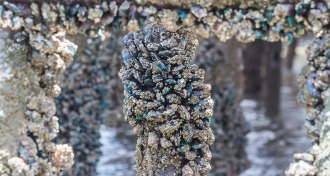 Life
LifeA new material may one day keep mussels off piers and boat hulls
Mussels don’t stick to a new lubricant-infused silicone material.
-
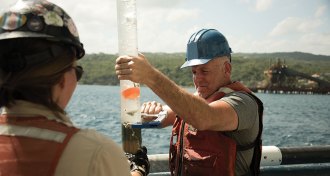 Climate
Climate‘Killer Hurricanes’ reconstructs the past to predict storms of the future
Geologists find clues to the future of deadly hurricanes, written in stone and sand, in the new NOVA documentary “Killer Hurricanes.”
-
 Environment
EnvironmentPollution killed 9 million people in 2015
First global look estimates the massive human and financial toll caused by pollution-related health problems.
By Laura Beil -
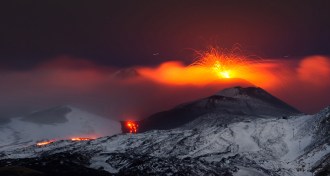 Earth
EarthHow volcanoes may have ended the dynasty of Ptolemy and Cleopatra
Volcanic ash in polar ice reveal a link between eruptions and the timing of revolts in Cleopatra’s Egypt.
-
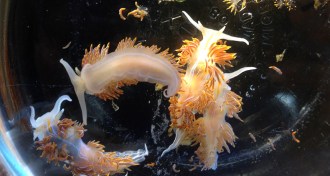 Oceans
OceansHere’s a breakdown of the animals that crossed the Pacific on 2011 tsunami debris
Hundreds of marine animals from Japan have washed up on U.S. beaches since the destructive 2011 earthquake and tsunami.
-
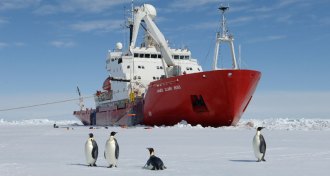 Earth
EarthWhen the Larsen C ice shelf broke, it exposed a hidden world
Scientists plan urgent missions to visit the world the Larsen C iceberg left behind.
-
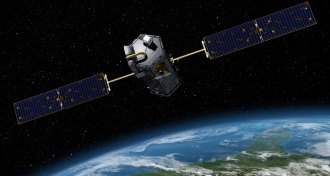 Climate
ClimateDuring El Niño, the tropics emit more carbon dioxide
El Niño increases carbon emissions from the tropics — mimicking future climate change.
-
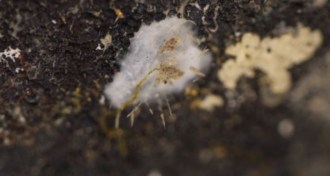 Animals
AnimalsNew deep-sea sponge could play a starring role in monitoring ocean health
A new species of sponge that dwells on metal-rich rocks could help scientists track the environmental impact of deep-sea mining.
-
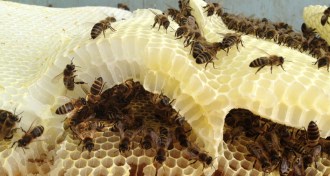 Agriculture
AgricultureMuch of the world’s honey now contains bee-harming pesticides
A controversial group of chemicals called neonicotinoids has a global impact, tests of honey samples show.
-
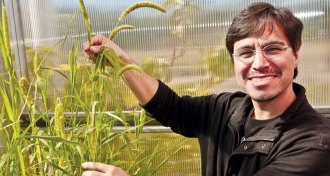 Plants
PlantsJosé Dinneny rethinks how plants hunt for water
Plant biologist José Dinneny probes the very beginnings of root development, which may have important implications for growing food in a changing climate.
By Susan Milius -
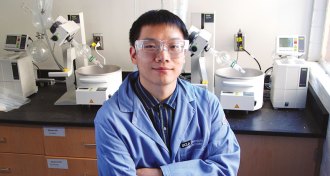 Chemistry
ChemistryChong Liu one-ups plant photosynthesis
Chong Liu mixes bacteria and inorganics into systems that can generate clean energy better than a leaf.
-
 Environment
EnvironmentRadioactive material from Fukushima disaster turns up in a surprising place
Radioactive cesium is reaching the ocean through salty groundwater.